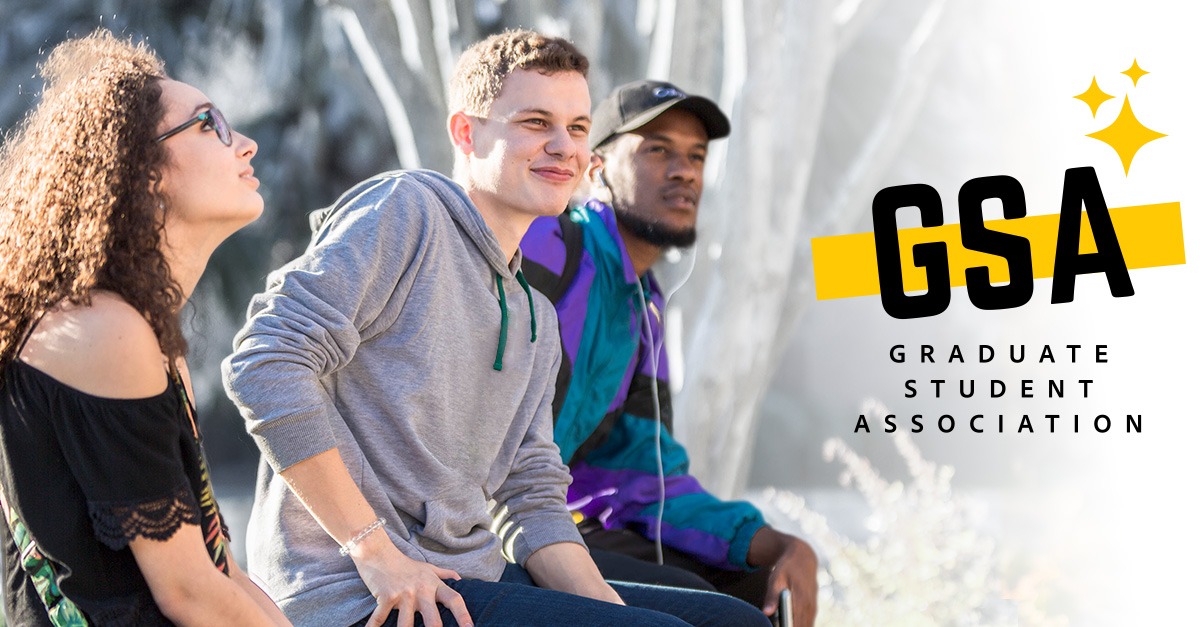Toy Telescope Launches Career Hunting for Life on Exoplanets
It all started with an inexpensive toy telescope Theodora Karalidi’s father gave her when she was five years old.
“I looked through it and I was wowed,” says Karalidi, an assistant professor of physics at the University of Central Florida. “To five-year-old me, it was like millions of sparkling stars and I was hooked. Of course, it was probably only a few dozen stars, because it was a toy, after all, but to me, it was the doorway to discovery.”
She set up the little telescope to observe the moon, Jupiter, and Saturn every chance she had in Athens, Greece, where she grew up, she says.
Fast forward a few decades and Karalidi is still in awe as she explores exoplanets and brown dwarfs with a team of planetary scientists at UCF. Her secret hope is to discover evidence of life on another planet. Until then, she focuses on making models of planets outside our solar system that she then compares with images. She uses images taken from large ground telescopes and the Spitzer and Hubble space telescopes. She is counting the days until NASA’s James Webb Telescope scheduled for launch in October. That space telescope is expected to provide much sharper images.
The Research
When she was a youngster, Karalidi knew she wanted to pursue astronomy in some way. She initially thought about engineering and making rockets. But while in junior high, she discovered physics. During her graduate studies in the Netherlands, the first exoplanets were discovered outside our solar system and she knew she’d found her passion.
Today there are about 4,000 documented exoplanets orbiting other suns and the number is growing, but they are so far from earth that clear images are rare.
That’s where Karalidi’s expertise comes in. She holds advanced degrees in astrophysics, which she uses to explore exoplanets and brown dwarfs. She looks at the color signature of chemicals found in planets’ atmospheres to figure out which planet may have the right combination that could sustain life like ours on earth.
Each chemical emits or resonates a certain color on the light spectrum. Oxygen comes up red. Water also shows up. Vegetation and deserts emit green and red hues. Clouds and oceans can also reflect colors in specific ways or trap them. It’s like trying to put together a puzzle for each planet, she says.
She loves the challenge and collaborative environments. She was attracted to UCF because physics Pegasus Professor Joe Harrington was already here working in the same area of exoplanets, but with a slightly different approach.
“Our work is complementary,” Karalidi said. “And the group at UCF has an excellent reputation that when the opportunity came up, I applied. It’s a good team that has a lot of expertise in solar system bodies, which I find is helpful when trying to figure out how exoplanets and brown dwarfs work.”
For example, Earth is the only planet we know that currently sustains life. There is some evidence that Mars may have sustained life, but what about Venus? Understanding how planets formed in our solar system can help inform how planets may work in other solar systems.
“We are all explorers at heart,” she says. “It is what sustains you. My advice to young people thinking about astrophysics as a career: Go and out get your hands dirty. Do research. Try a few different things until you find what you are passionate about and then go for it. Be resilient and never lose your sense of wonder.”
Share This Article

UCF Women’s Club Honors 3 Graduate Students with Prestigious Sheila B. Somerville Scholarship
Financial support is often the cornerstone of academic success, and for many students, scholarships open the door to higher education. Beyond easing financial stress, these awards provide recognition, motivation, and a...
Latest News

Be the Voice of UCF Graduate Students
The Graduate Student Association (GSA) is looking for motivated graduate students to step into leadership and shape the graduate experience for the 2026–2027 academic year. As a GSA officer, you'll...

UCF Launches 1st Planetary and Space Sciences PhD Program in Florida
As SpaceU, UCF is pushing the boundaries of exploration by launching a groundbreaking new doctoral program in the planetary and space sciences. Now, aspiring researchers can apply to the inaugural cohort of...

UCF Fulbright Awardees Bring Their Passions to a Global Scale
Each year, the Fulbright Program offers opportunities for American students to conduct research, teach English, or pursue graduate study abroad. One of the most prestigious international exchange programs in the...

Unleash Opportunities with a UCF Graduate Degree
A graduate degree has the power to unleash opportunities by expanding careers, opening doors to new fields, and increasing lifetime earnings. According to the U.S. Bureau of Labor Statistics (2024),...